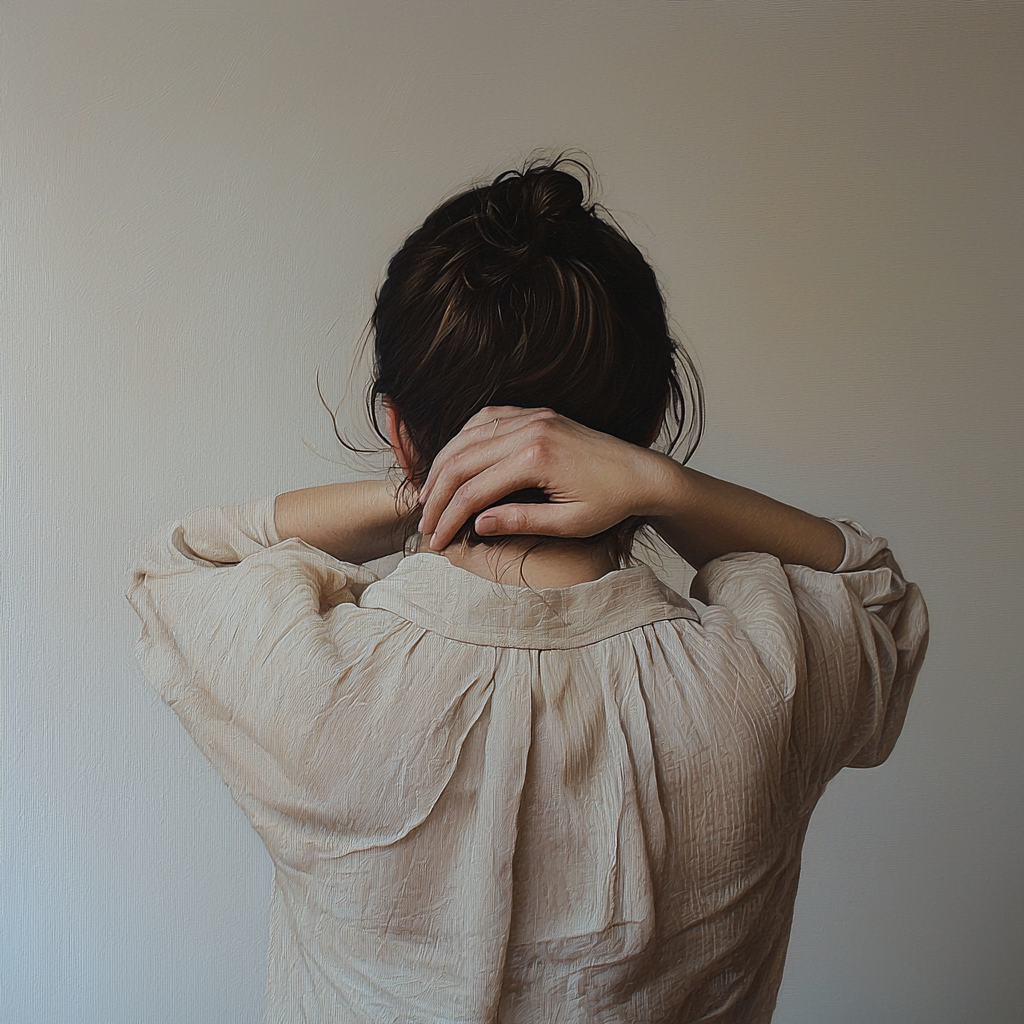Heroin Addiction
What is Heroin?
Heroin is an illegal, highly addictive opioid drug derived from morphine, which is extracted from the seeds of the poppy plant. It typically appears as a white or brown powder, or a black sticky substance known as “black tar heroin.
People use heroin for various reasons, which often starts with a desire to experience the euphoric “high” it produces. When heroin enters the brain, it quickly binds to opioid receptors, causing a surge of intense pleasure and a sense of well-being.
This euphoric “high” can be especially appealing to those struggling with emotional pain, trauma, or other mental health issues. Additionally, some individuals turn to heroin after becoming addicted to prescription opioid medications, which may be more difficult or expensive to obtain.
Request a callback!
Is heroin addictive?

Heroin is extremely addictive; it is one of the most addictive illicit substances available.Repeated use of heroin can lead to the development of tolerance, meaning that over time, the person needs more of the drug to achieve the same effect. This is often followed by physical dependence, where the body becomes accustomed to the drug, and withdrawal symptoms occur if use is reduced or stopped.
Heroin addiction is characterised by compulsive drug-seeking behaviour and use, despite the harmful, and even deadly, consequences. The addiction can develop quickly, and due to its potency and the way it alters brain chemistry, heroin is one of the most difficult substances to quit without professional help.
Heroin addiction is a severe and life-threatening condition, but recovery is possible with the right treatment and support. If you or a loved one is struggling with heroin addiction, it’s crucial to seek professional help as soon as possible. Early intervention can make a significant difference in achieving long-term recovery and restoring health and well-being.
Signs and symptoms of heroin abuse and addiction.
Recognising the signs of heroin abuse and addiction is crucial for getting help early. Symptoms can vary but often include:
Physical Signs:
Behavioural signs:
Psychological signs:
Treatment for heroin addiction at the rehab centre.
Treatment for heroin addiction typically involves a combination of medical, psychological, and behavioural approaches. The most effective treatments are comprehensive and tailored to the individual’s needs.
Ibiza Calm is a specialised treatment clinic that provides rehab treatment for individuals who are struggling with heroin addiction and dependencies. The goal of the treatment is to help individuals understand the underlying causes of their problem and develop the tools and strategies needed to maintain abstinence in the long term.
The rehab centre offers a comprehensive approach to recovery from heroin addiction, including medical detox, therapy, and support groups. The Ibiza Calm team comprises experienced healthcare professionals, including doctors, nurses, and therapists, who work together to provide the highest level of care and support to each patient.
Key components of residential heroin addiction treatment at Ibiza Calm
Residential treatment at the rehab centre includes:
Detoxification (Detox): Detox is the essential first step in treating heroin addiction. The process involves the safe management of withdrawal symptoms, which can be extremely uncomfortable and, at times, medically serious. Symptoms may include nausea, sweating, agitation, muscle aches, insomnia, and intense cravings. At Ibiza Calm, heroin detox is carried out under the supervision of our medical director, Dr Manuel Rodriguez, and supported by our expert clinical team to ensure comfort and safety throughout.
Medication management: Medications such as methadone, buprenorphine, and naltrexone are often used as part of a comprehensive treatment plan to reduce cravings, manage withdrawal symptoms, and prevent relapse. These are carefully prescribed and monitored by our psychiatrist, alongside the medical team, ensuring that clients respond well and tolerate the treatment throughout the detox and stabilisation process.
Individual and group therapy: Counselling is a central part of heroin addiction recovery. One-to-one therapy helps clients uncover the psychological and emotional drivers behind their substance use, such as trauma, grief, or chronic stress. In group sessions, clients build connection, gain perspective, and learn healthy communication and coping strategies.
Family therapy: Heroin addiction frequently leads to strained family relationships and breakdowns in trust. We include a weekly online family support group in all treatment programmes to support education, emotional healing, and improved dynamics. Family involvement can significantly improve recovery outcomes and provide a stronger foundation for post-treatment life.
Aftercare planning: Continued support is critical for sustained heroin recovery. Before discharge, all clients are introduced to our aftercare therapy group and supported in creating a personalised relapse prevention plan. This may include ongoing therapy, engagement with peer support networks such as Narcotics Anonymous (NA), and healthy lifestyle changes. The aim is to ensure every individual feels confident and prepared for the next stage of recovery.
What is heroin withdrawal?
Withdrawal refers to the physical and psychological symptoms that occur when a person who is dependent on a substance, such as heroin, abruptly reduces or stops using it. Dependence develops after prolonged or heavy use of a substance, where the body and brain adapt to its presence and begin to rely on it to function normally. When the substance is suddenly absent, the body reacts, leading to withdrawal symptoms.
Given the intensity of heroin withdrawal, it is generally recommended to undergo the process under medical supervision, in a specialist detoxification (detox) facility. Medications may be used to ease symptoms, making the withdrawal process safer and more comfortable.
Symptoms of heroin withdrawal
The symptoms of withdrawal can vary depending on the substance, the duration and intensity of use, and the individual’s overall health. For heroin and other opioids, withdrawal symptoms can be particularly severe and can include:
Early symptoms:
Later symptoms:
How Ibiza Calm will help!
EXPERIENCED TEAM
NEWEST TECHNIQUES
BESPOKE TREATMENT
 Email Us
Email Us Call Us Now:
Call Us Now: 